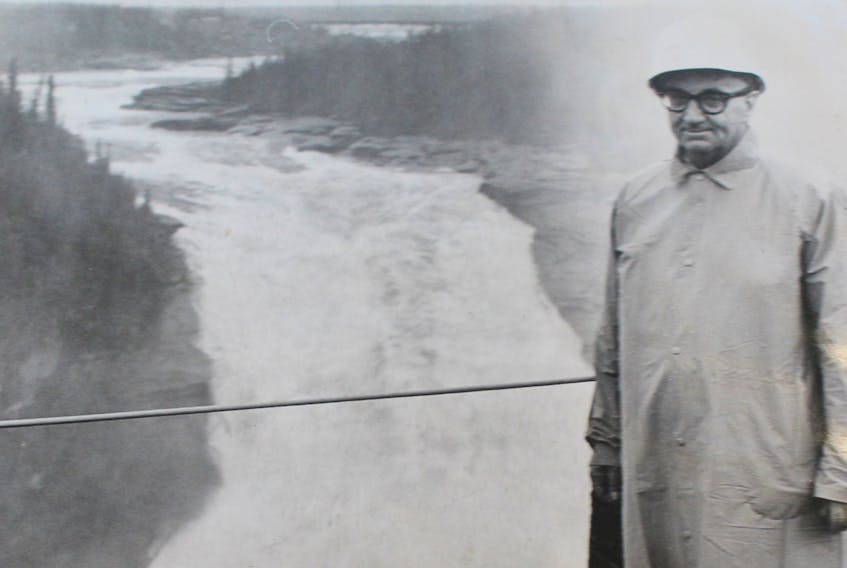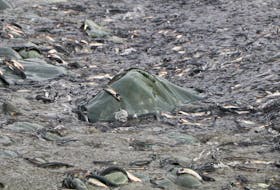I write in relation to the impact of the recent decision by the Quebec Court of Appeal on the renewal of the Upper Churchill power contract
In its decision, the Quebec Court of Appeal ruled partially in favor of Newfoundland and Labrador but to assume that now Newfoundland has control of water flow from the Upper Churchill plant to Muskrat Falls as stated by Premier Dwight Ball is misleading.
Under the renewed contract, and as per the court ruling, CF(L)Co. must meet the Hydro-Quebec power demand specified for winter and summer until 2041. In addition CF(L)Co. must provide energy equivalent to the “Annual Energy Base” (AEB), in effect since Aug. 31, 2016.
But Hydro-Quebec does not have the exclusive right to purchase and receive all of the energy produced by the Upper Churchill plant, assuming total energy produced is more than AEB.
To simplify, let us say the energy produced above AEB is called surplus energy.
In the power contract AEB was calculated by taking the average of energy produced for the previous four year, minus the recall energy and equivalent energy change in the reservoir storage. For the renewed contract AEB is fixed for the contract term.
The second part of the ruling states “That until August 2041, CF(L)Co. cannot sell to a third party, or use for the benefit of a third party, including Newfoundland Hydro (“NLH”), any quantity of power whatsoever, with the exception of power associated with the ‘Recapture’ (300MW) and ‘Twinco’ (225MW) blocks and, since September 1, 2016, the power associated with the energy produced by the Upper Churchill plant over and above the value of the Annual Energy Base, regardless of whether such sales, or use, are made on firm or interruptible basis.”
The availability of surplus energy will depend upon hydrology for any given year, depending upon whether we have a wet year or dry year.
Looking back in time, CF(L)Co. has produced more than AEB few years and less than AEB some time. The amount of surplus energy available in any given year will be hard to predict, plus it would be a very small amount associated with no firm capacity to sell.
So, I do not see how this small, unpredictable energy now available to Newfoundland can give us the control of water flow in the Churchill River.
In fact, the operation of the Upper Churchill plant will still be indirectly controlled by Hydro-Quebec to meet its contractual power and energy requirements.
The operation of the Muskrat Falls plant would be typically similar to a run of the river plant. In the winter months local inflows would be minimal or zero, hence, the only water available to operate the Muskrat Falls plant would be the water released by the operation of the Upper Churchill plant. This means that even if the Upper Churchill plant was operating at full capacity for 24 hours per day, the Muskrat Falls plant will have only enough water to operate at full load for 17 to 18 hours per day, which may impact meeting the peak demand of the Island and Nova Scotia at times.
If the Upper Churchill plant is operating at less than its full capacity, then water available to Muskrat Falls operation will be less accordingly.
Madan Rana,
Retired Director of Engineering NLH & Manager of Operations CF(L)Co.,
St. John’s
RELATED









